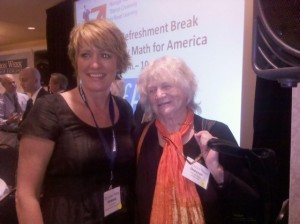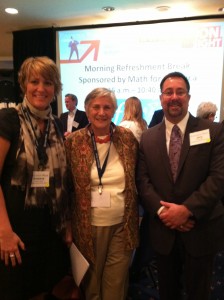Dear Applicants:
If you are interested in applying for a teaching position in our school district, thank you! Randolph Central is a wonderful place to work, with terrific students, a great team of professionals and a supportive community. Having reviewed all of the application files that were submitted, I would like to share a few tips with you, if applying to our school district (or any other).
If the deadline for the position is Monday, September 26, 2011, then you need to have all of your materials in by that date. Not two days later, backdated to September 26. Do whatever you have to do to mail your resume, application and letter of interest, or use express mail, or drop your application file off to us. Can you email your materials to me? You may do so, but you’d better also be using ‘snail’ mail because it otherwise looks lazy on your part. Can you submit your materials late? You can, but you won’t be considered. Responding late to a job posting screams, “I don’t meet deadlines. This is a clear indication that I work on MY time, not yours and you can expect me to be late with every other deadline you ever set for me.”
Is it a good idea to apply for the position if you’re not certified yet or if you’re certified in another content area? NO. Back in the day it may have been possible to hire someone in a non-traditional manner or to have someone teach out of his content area or to hire a teacher on a long term substitute basis while awaiting certification. NOT NOW. We cannot legally hire you if you’re not certified, and certified means the certificate is in your possession for which you can provide us a copy, in the content area for which you will be teaching.
Bottom line? With only a one to two day posting, we received 60+ applications. It’s a competitive job market. Don’t get yourself knocked out of the running by applying without the proper certification, submitting your application file late, misspelling words on your resume, emailing your materials to the superintendent without paper copy follow-up, or completing the application in an illegible, haphazard way. This is the time to put your best foot forward. You cannot afford to do it any other way.
Respectfully Hoping the Best for You,
A Superintendent in a Position to Hire You

